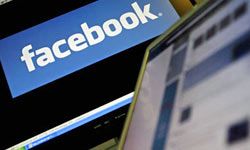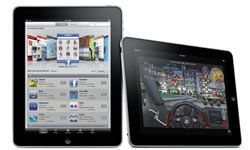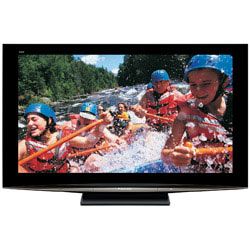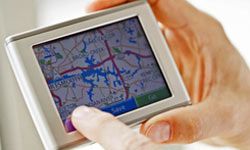If there's one thing baby boomers are accustomed to, it's getting attention as a group. Since their arrival in the post-World War II population "boom," baby boomers -- those born in the U.S. between the years 1946 and 1964 -- have carried a lot of demographic weight, and an accompanying mix of fascination, interest in their collective voice and impact, and a desire to sell them products.
Just because the boomers are now retiring from the workplace in droves doesn't mean they're easing into a rocking-chair life, or that they've lost any of their influence or commercial appeal. In fact, when it comes to technology, businesses are realizing that the baby boomer demographic -- which has at times been overlooked when it comes to the marketing of new technologies -- is actually a goldmine of active and potential tech consumers.
Advertisement
This is the generation whose members were the most likely to have purchased some of the earliest home computers available. As they got older -- and had more discretionary spending available -- they were able to purchase innovative tech products as they were developed and introduced to the marketplace. Now that they're entering their 60s and 70s, boomers are no less enthusiastic about modern technologies, but now are as likely to learn about technologies from their children as they are from peers, who themselves are recent converts.
So what are 10 modern technologies baby boomers are using? Keep reading to find out.





